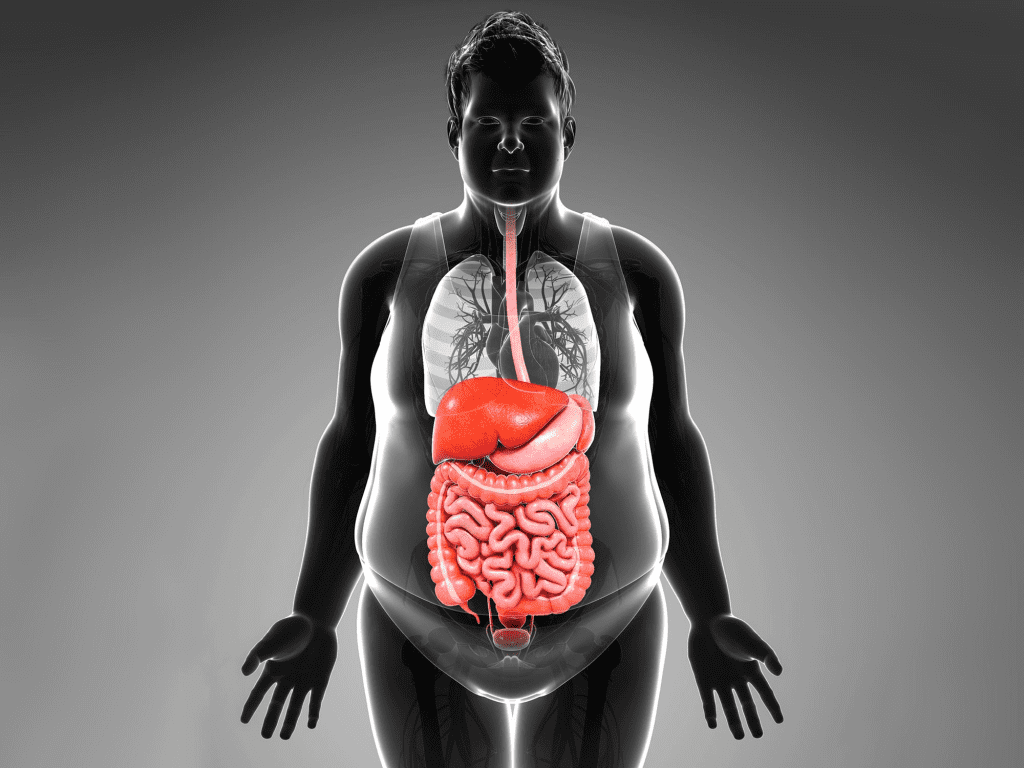In the 1970s, a day at the beach often showcased fit, active bodies, as people of all ages reveled in the sun and surf, displaying physiques that seemed effortlessly lean. Fast forward to today, and the scene is vastly different. The surge in overweight and obese individuals is stark, prompting us to examine how the food industry has played a significant role in this transformation.
A Look Back at 1970s Eating Habits

In the 1970s, eating habits were vastly different from what we see today. Meals were primarily home-cooked, with fresh ingredients forming the cornerstone of family dinners. Processed foods existed but weren’t nearly as pervasive. Fast food chains were fewer, and eating out was a rare treat reserved for special occasions. When people dined out, portion sizes were smaller, and sugary snacks were not the everyday staples they have become today.
The 1970s lifestyle was also more active. With fewer digital distractions, children and adults alike spent more time outdoors. Physical activities like walking, cycling, and playing sports were common parts of daily life. This active lifestyle, paired with healthier eating habits, contributed to the leaner physiques we associate with that era.
The Advent of Processed Foods and Fast Food Chains
The late 20th century marked a major shift in the food landscape. As processed foods became more widespread, the food industry began to prioritize convenience and long shelf life over nutritional value. Ingredients like high-fructose corn syrup, hydrogenated oils, and artificial additives became standard components in many food products. While these ingredients made food cheaper and more accessible, they also made it far less healthy.
At the same time, fast food chains began to expand rapidly. Their promise of quick, tasty meals at low prices made them incredibly popular. The marketing campaigns of these chains often targeted children and busy adults, leading to a widespread adoption of unhealthy eating habits. Snack companies also contributed to the problem by flooding the market with highly processed foods packed with sugar, salt, and unhealthy fats.
The Impact of Processed Foods on Public Health
The shift from home-cooked meals to processed and fast foods has had profound effects on public health. The World Health Organization reports that global obesity has nearly tripled since 1975. This surge in obesity has led to an increase in health problems such as diabetes, heart disease, and certain types of cancer. Even more alarming is the rise in childhood obesity. Over the past few decades, the rate of overweight children and adolescents has increased tenfold in many countries, underscoring the severity of the issue.
The food industry has played a pivotal role in shaping not only what we eat but how we perceive food. Portion sizes have ballooned, distorting our understanding of what a reasonable serving looks like. Moreover, the rise of convenience culture has led to a decline in cooking skills, with many people relying on pre-packaged meals and fast food. This has further disconnected us from understanding the nutritional value of what we consume.
The Role of Marketing in Unhealthy Eating

One of the key drivers of this dietary shift has been the aggressive marketing tactics used by the food industry. Fast food ads have become ubiquitous, promoting quick, convenient meals at attractive prices. These ads, often aimed at children, have normalized the consumption of unhealthy food. The food industry has also heavily marketed sugary snacks and drinks, creating a culture where high-calorie, nutrient-poor foods dominate our diets.
This marketing has had a long-lasting impact on eating habits. Over time, many people have come to associate convenience with value, opting for processed and fast foods over healthier options. As a result, the consumption of fresh, whole foods has decreased, while the intake of processed, high-calorie foods has skyrocketed.
The Growing Obesity Crisis
The shift in eating habits, combined with a more sedentary lifestyle, has led to a significant increase in obesity rates. Obesity is a complex issue with multiple contributing factors, but diet plays a crucial role. Processed foods, loaded with unhealthy fats, sugars, and artificial ingredients, have become the go-to for many families. As a result, obesity rates continue to rise, putting millions of people at risk for serious health conditions.
According to the Centers for Disease Control and Prevention (CDC), more than 42% of American adults are now considered obese. This epidemic is not just a U.S. problem; it’s a global issue affecting countries around the world. The health consequences are dire, with obesity leading to increased rates of chronic diseases like hypertension, type 2 diabetes, and certain cancers.
Addressing the Obesity Crisis

Addressing the obesity crisis requires a multi-faceted approach. Public awareness campaigns can help educate people about the dangers of processed foods and the importance of a balanced diet. Governments can also play a key role by implementing policies that regulate the marketing of unhealthy foods, especially to children. For example, countries could impose taxes on sugary drinks or provide subsidies for fresh produce to encourage healthier eating habits.
Schools also have an important part to play. By offering nutritious meals and incorporating nutrition education into their curricula, schools can help instill healthy eating habits in children from a young age. Educating the next generation about the importance of a balanced diet and regular physical activity is crucial in combating the obesity epidemic.
Embracing a Healthier, Active Lifestyle
On an individual level, we can take steps to reverse the obesity trend by making healthier choices. Preparing meals at home using fresh ingredients, controlling portion sizes, and increasing daily physical activity can all contribute to better health outcomes. By embracing a lifestyle reminiscent of the 1970s—when people ate home-cooked meals and engaged in more outdoor activities—we can take control of our health and work towards reversing the obesity epidemic.
Conclusion
The dramatic shift from the lean bodies of the 1970s to today’s obesity crisis highlights the significant impact of the food industry on public health. By understanding how processed foods, aggressive marketing, and sedentary lifestyles have contributed to the rise in obesity, we can take steps to regain control over our health. Striving for a future where healthy, active bodies are once again the norm, rather than the exception, is not just a personal goal but a societal necessity. It’s time to prioritize fresh, nutritious foods and physical activity to ensure a healthier future for ourselves and future generations.


